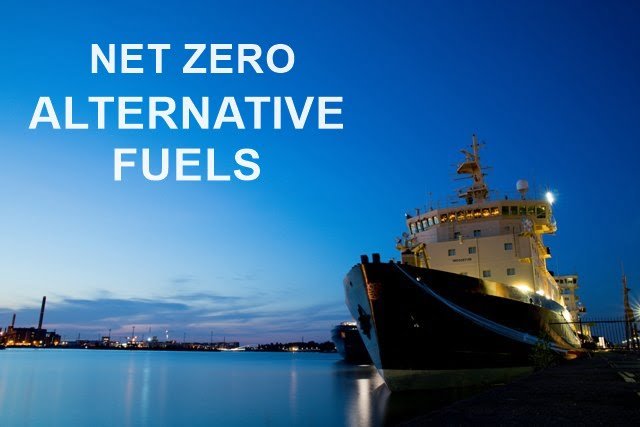The Blue Sky Maritime Coalition (BSMC) has released a new report which provides a current benchmark for CO2 emissions from the major vessel sectors that make up maritime transportation in North America.
Approximately 31 million tonnes of “green” methanol would be required to replace the diesel fuel now burned by the North American Waterborne Transportation (“NAWT”) fleet.
Annual emissions of approximately 47 million tonnes of CO₂ would be eliminated by replacing diesel with an emissions free alternative fuel.
Annual CO₂ emissions from the NAWT fleet and from ports in North America were estimated to amount to 66 million tonnes in 2018, approximately 1.0% of the 6,6571 million tonnes of total North American CO₂ emissions in that year. Of that 66 million tonnes, 47 million tonnes are attributable to fuel consumed by the NAWT fleet and 19 million tonnes by North American ports.
Total CO₂ emissions from the 9,500 vessels in the NAWT fleet amounted to approximately 47 million tonnes in 2018. That amounts to 0.7% of total emissions from the U.S. and Canada, 2.4% of total emissions from the transportation sectors of North America, and 4.5% of total CO₂ emissions from the global shipping fleet (as reported by the IMO in the 4th Greenhouse Gas Study).
“Having a complete view of the North American maritime industry’s carbon footprint helps us better understand the sum of the challenge ahead of us and the solutions needed to address those challenges. This report drills down to the sector level, helping us focus and prioritize our efforts where they can have the biggest impact,” said David Cummins, BSMC President and CEO.
Read full Article by Blue Sky Maritime Coalition

